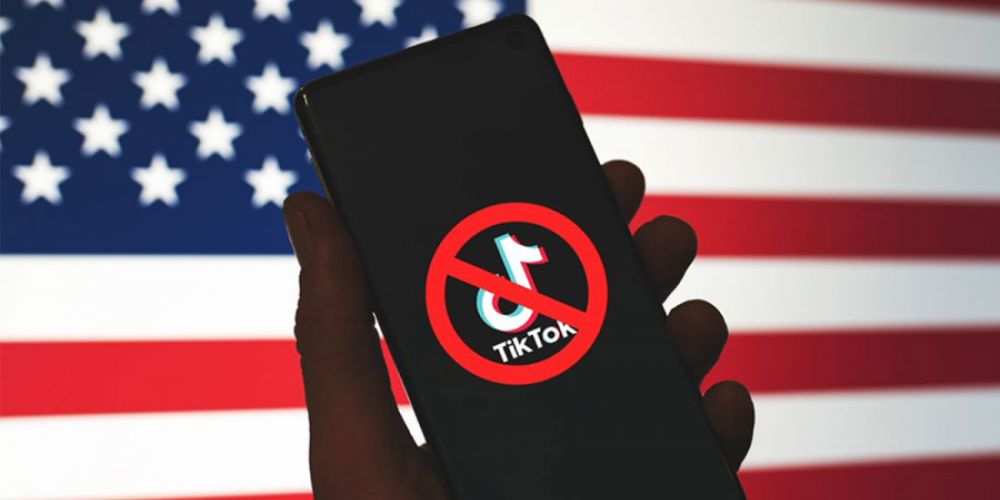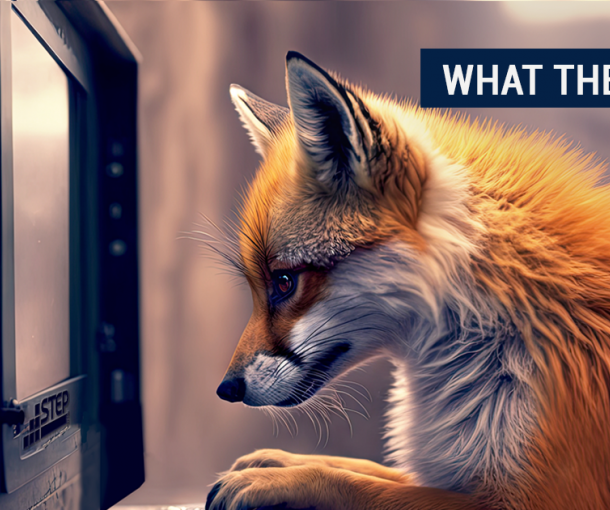
Montana’s TikTok ban is an appalling line in the sand for freedom of speech
DATA PROTECTIONS SPAWN FREEDOM CONCERNS
Montana’s law, which takes effect January 1, 2024, is the first outright ban, within a U.S. state, of the popular video sharing app. A violation is defined as, “Each time that a user accesses TikTok, is offered the ability to access TikTok, or is offered the ability to download TikTok,” and is punishable by fines of up to $10,000 per violation per day.
It’s a tough solution to a significant problem. No one denies that TikTok represents clear and present danger to individuals, businesses, and governments around the world, particularly in the west. Despite parent company ByteDance’s denials that it accesses user data, has been asked by the Chinese government to share user data, or would even share it if asked, repeatedly leaked evidence continues to illustrate why this company does not deserve to be trusted.
But an outright ban of the app within a given geography feels less like protecting the population from an oppressive, data-stealing, autocratic superpower and more an oppressive homegrown restriction on citizens’ rights. It’s the equivalent of using a sledgehammer to kill a fly – the absolute wrong tool for the job, and one that causes immense collateral damage well beyond the scope of the original problem.
CUE THE HEADWINDS
As Montana’s legislation was being signed into law, no fewer than 33 U.S. states had already banned TikTok on government-provided devices or infrastructure. To be clear, a government agency banning the app for its own users is acting well within its cybersecurity boundaries if it decides the resource represents a threat to its stakeholders.
Government agencies, just like individual citizens or the businesses they may work for, should be free to choose from a wide range of services and resources to do what they do. Likewise, it should be up to them – and not an all-encompassing law – to decide which tools best suit their needs, and whether or not the ROI, of sorts, for each tool makes adoption worthwhile.
It’s when governments decide to outright ban books, apps, and anything else they deem “a threat” that we start sliding down the slippery slope of freedom. From a technology and cybersecurity perspective, we here at STEP Software have long advocated for businesses to think very carefully about allowing TikTok – and, in fairness, similar apps – on any device or platform that is used by employees or contractors in the course of a given workday.
In a recent article, we called TikTok a long overdue wakeup call for mobile security, and we remain steadfast in that claim.
But there’s a wide discrepancy between government departments determining what tools can and cannot be used, and a jurisdiction-wide law that bans anyone from making that decision in the first place. If we’re so intent on preserving freedom, then no government would ever enact a full-on ban, full stop. In the ideal world, it should be up to us and the organizations we work for to decide on our own whether or not we choose to install and use this app. This why we have steering committees, strategic plans, DRPs, and other critical planning resources, after all.
We may not agree with TikTok’s business model, but we should all fight like hell for an individual’s right to make that choice. Governments can always regulate. But not censor. Otherwise, we’re just living another form of George Orwell’s Nineteen Eighty-Four – or some other place where they ban books.
TENUOUS LEGISLATION
Indeed, the law itself may already be wavering on the legs of its weak legal foundation. A group of influencers has already launched a lawsuit contending the legislation violates their First Amendment rights. TikTok itself has also filed its own lawsuit, claiming the law unconstitutionally violates freedom of speech, and is based on what it calls “unfounded speculation” that the Chinese government can access subscriber information.
Technology stands in the law’s way, as well: While it is indeed possible to geoblock the use of an app within a given state, Apple’s and Google’s app stores operate on a national level. Which means there’s no straightforward way – at least using current-state technology – for the two main app store platforms to specifically make any app unavailable in a given state.
And for users who already have the app on their devices, they could easily get around the ban by using a virtual private network (VPN) that makes it seem as if they’re outside state borders.
Long story short, a law isn’t worth much if it can’t be enforced. And in this case, enforcement could turn into a technological and logistical nightmare for the state.
THE BOTTOM LINE
Montana’s TikTok ban is as messy as it seems, and while it sets a dangerous precedent for other jurisdictions to follow, they may bail on laws of their own after watching this particular case unfold. We’ll continue to watch this story closely, and invite you to share your own thoughts.
We feel this issue casts a dark shadow over an individual’s choice to develop and use software to manage their day-to-day lives and/or grow their businesses. As software developers, we can’t begin to imagine living in a world where governments can simply decide what software we may or may not use. Neither should you.


